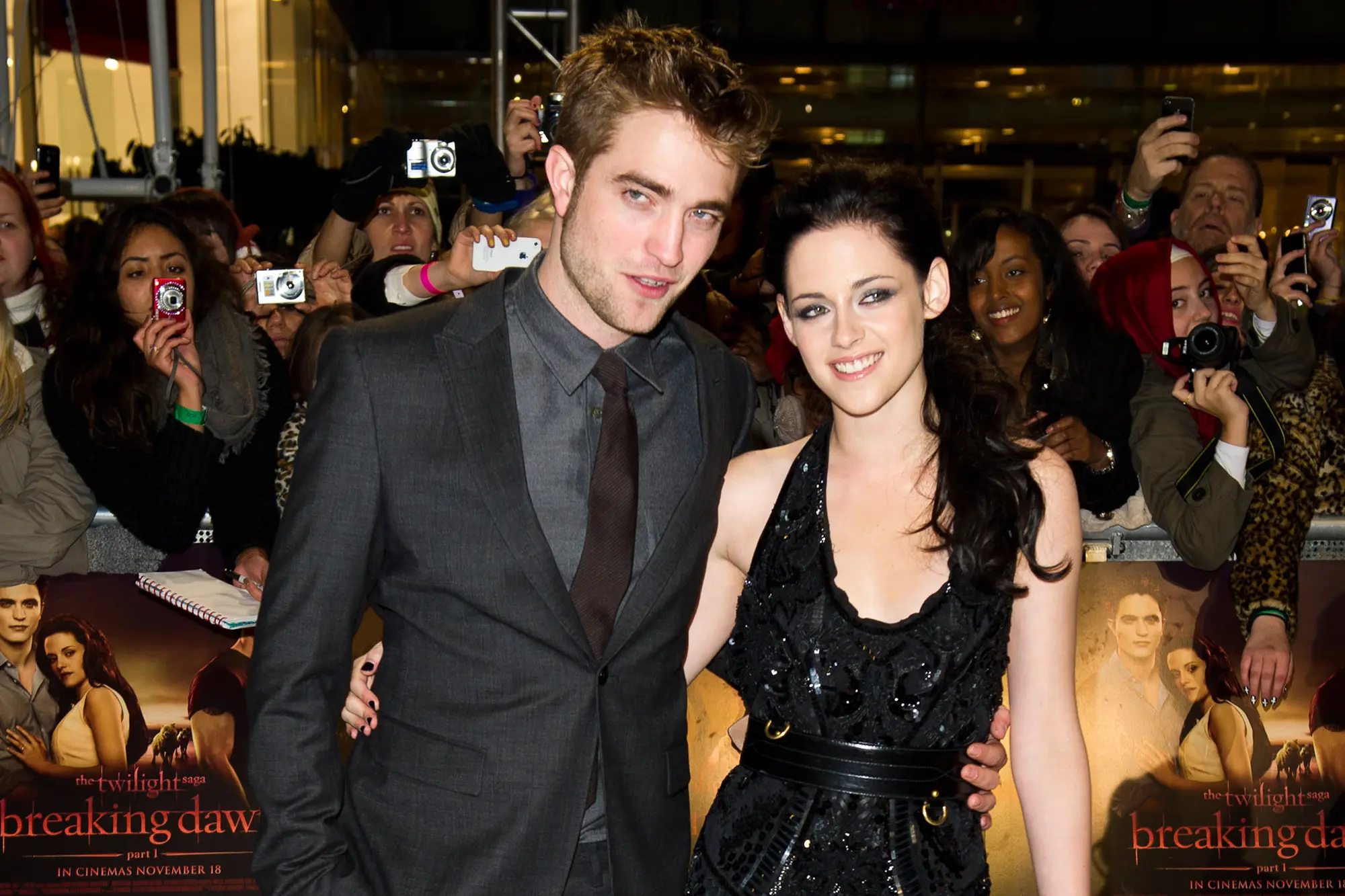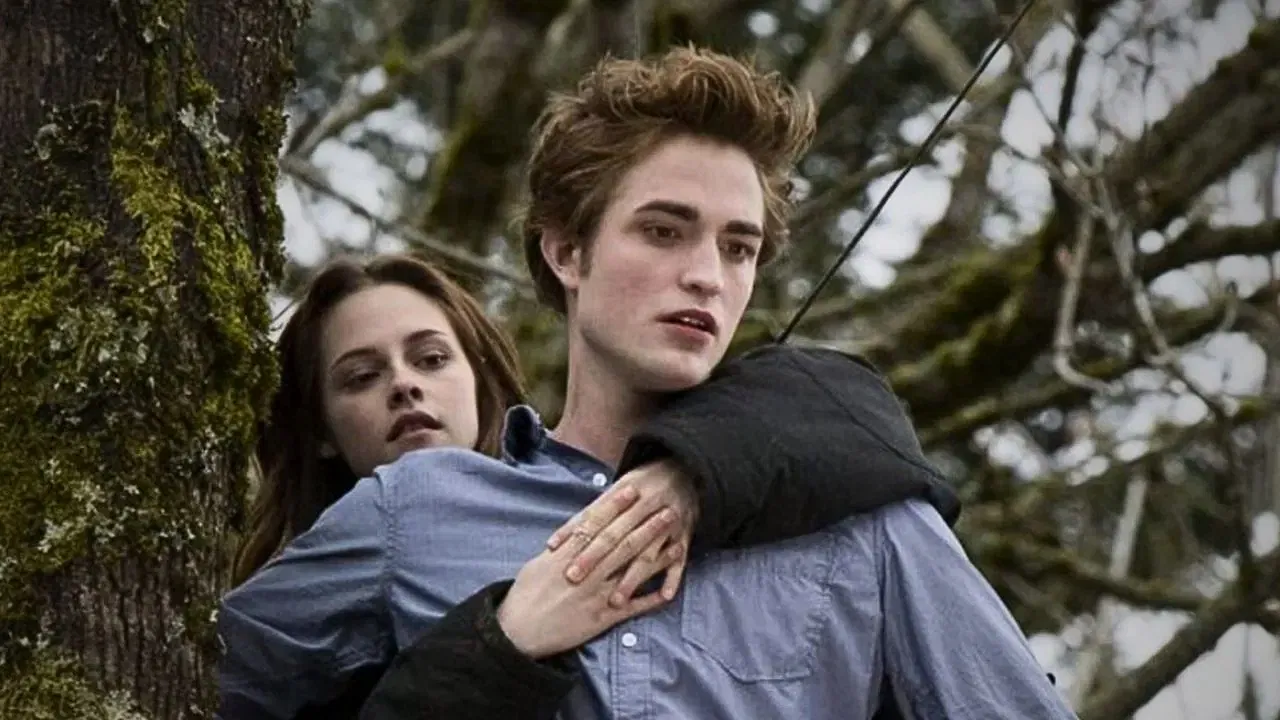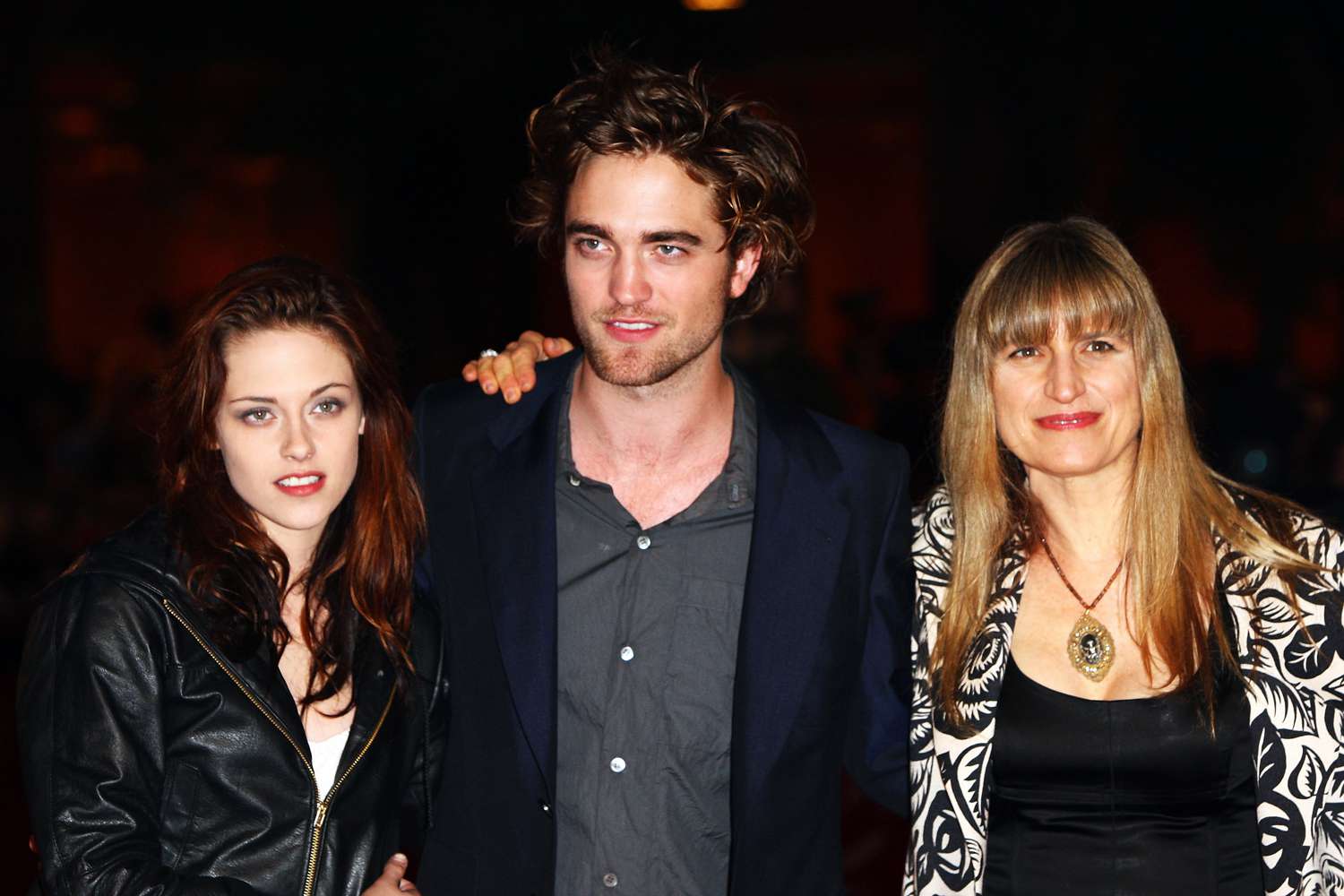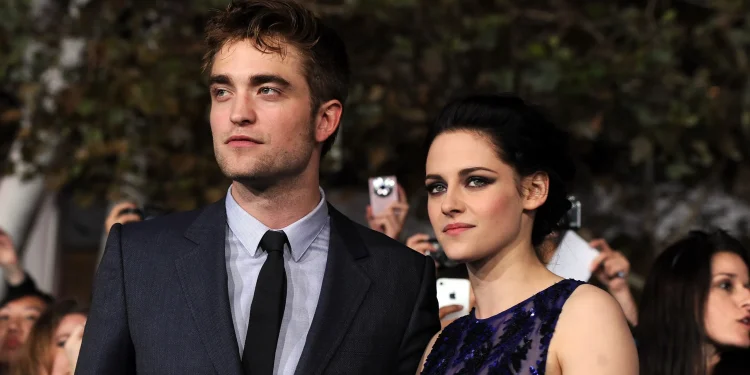When Twilight hit theaters in 2008, Robert Pattinson found himself thrust into the blinding spotlight of stardom. Playing Edward Cullen, the enigmatic vampire who captured the heart of Bella Swan, portrayed by Kristen Stewart, Pattinson became an overnight sensation. The franchise didn’t just elevate him to the A-list; it also ignited the fervor of the “Robsten” fandom, which obsessed over his on-screen and off-screen relationship with Stewart. However, behind the scenes, Pattinson’s feelings about the role that catapulted him to fame were far from enthusiastic.

Robert Pattinson’s Unexpected Disdain for Twilight
While fans around the globe were swooning over Edward Cullen’s brooding looks and eternal love for Bella, Pattinson was less enchanted. In fact, the actor has been openly critical of Twilight from the very beginning. Rather than embracing his role in the cultural phenomenon, Pattinson frequently expressed his discomfort with the character and the bizarre plotlines that made the series both beloved and mocked.
In an interview during the promotional tour for the first Twilight film, Pattinson didn’t hold back his thoughts on Stephenie Meyer’s bestselling novels. He famously quipped that the books seemed like a reflection of Meyer’s own fantasies.
“When I read it, I was convinced that Stephenie was convinced that she was Bella,” Pattinson said. “It was like it was a book that wasn’t supposed to be published, like reading her—her sort of s*xual fantasy.”
This candid remark offered a glimpse into Pattinson’s bewilderment over the fervor surrounding Twilight. He went on to add,
“Especially when she says that it was based on a dream, and it’s like, ‘Oh, then I had a dream about this really sexy guy’, and she just writes this book about it. I was just convinced that this woman is mad, she’s completely mad, and she’s in love with her own fictional creation.”

A Journey Beyond the Vampire’s Shadow
Pattinson’s struggle with the Twilight legacy was more than just a matter of personal taste; it was a career challenge. Determined to break free from the sparkly vampire mold, Pattinson embarked on a mission to redefine his acting identity. He dove into indie cinema, taking on gritty, unconventional roles that were worlds apart from Edward Cullen.
In 2017, Pattinson starred in the Safdie Brothers’ crime thriller Good Time, a gritty, fast-paced film that showcased his range and earned him critical acclaim. He continued to choose roles that pushed boundaries, such as his performance in Robert Eggers’ haunting film The Lighthouse (2019). These films allowed Pattinson to shed the heartthrob image and prove his versatility as an actor.
The Ironic Legacy of Twilight
Despite Pattinson’s disdain for Twilight, the franchise remains a significant chapter in his career—and one that continues to spark conversation. Reflecting on the saga in a 2019 interview with Variety, Pattinson acknowledged the odd nature of the story that made him famous.
“It’s a weird story, Twilight,” he said. “It’s not just like—it’s strange how people responded a lot to it.”
He contrasted the fantastical elements of Twilight with the more grounded romance of films like The Notebook, adding a humorous twist:
“The Notebook is very sweet and heartbreaking, but Twilight is about this guy, and he finds the one girl he wants to be with, and he also wants to eat her.”
Even with his critical take on the films, Pattinson’s remarks have only fueled the enduring fascination with the Twilight series. His candid, often humorous reflections on the role that launched him to fame have endeared him to fans who appreciate his honesty.

Kristen Stewart and the Twilight Phenomenon
Of course, Pattinson wasn’t alone in the whirlwind that was Twilight. Kristen Stewart, who played Bella Swan, was equally thrust into the limelight. The intensity of their on-screen chemistry spilled over into real life, with their relationship becoming a tabloid sensation. Yet, like Pattinson, Stewart also sought to distance herself from the franchise that defined her early career.
The Twilight series may have been the springboard for their careers, but both actors have since forged paths that showcase their talents far beyond the realm of vampires and werewolves. While Pattinson and Stewart may look back on Twilight with a mix of bemusement and critique, there’s no denying the impact the franchise had on their lives and on pop culture as a whole.
The Ironic Humor That Keeps Fans Hooked
In the end, it’s Pattinson’s sharp, often self-deprecating humor about Twilight that keeps fans intrigued. His ability to poke fun at the very saga that made him famous adds a layer of irony to his career narrative. Whether it’s his comments about Stephenie Meyer’s “completely mad” fantasy or his comparisons of Twilight to other romance films, Pattinson’s honesty has become a defining trait of his public persona.
For a franchise that was both adored and mocked in equal measure, Robert Pattinson’s unfiltered opinions provide the perfect counterbalance. They remind us that while Twilight may be a strange and fantastical story, the real-life journey of its stars is just as captivating—if not more so.









